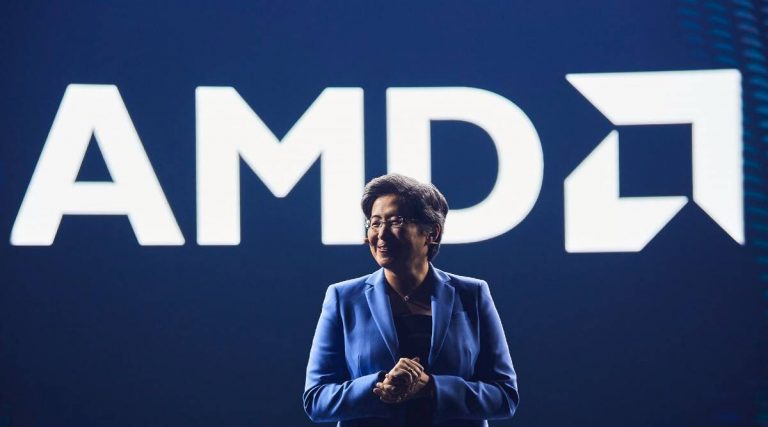When it comes to bringing people to the metaverse—a virtual place that allows individuals to engage in real-time activities, such as viewing movies, presenting, or gaming—parent Facebook’s company Meta is on a mission to accomplish so. Such an enormous infrastructure would require superior processing and data storage capabilities. An announcement by AMD (Advanced Micro Devices) cements the company’s position as a significant challenger to Intel in the data centre processor market.
AMD unveiled its new Zen 4 and EPYC processors at its Accelerated Data Center event, which the firm claims are strong enough to enable data centres capable of hosting metaverses like the one Meta is developing. Cloud computing will be powered by the Zen 4c chipset from the firm.
The Genoa and Bergamo CPUs, which are expected to be released in 2022 and 2023, respectively, will have up to 96 and 128 cores per chip. A headset is required to enter the metaverse, which will be expanded with the help of these chips.
AMD plans to take on Intel and Nvidia with the new cloud and data centre chipsets that it has high hopes for. For a long time, AMD has lagged behind Intel in the x86 processor industry. However, under the leadership of CEO Lisa Su, AMD has turned things around and now holds a significant proportion of the market. This contract with Meta has finally broken Intel’s stranglehold on the data centre chipset market, making AMD one of the world’s largest makers of x86 chipsets. AMD’s shares rose by as much as 13% following the news.
While Intel’s future-generation chipsets may have been delayed because the industry was unable to buy enough chipsets, AMD’s new CPU portfolio comes at the right moment. The growth of Meta’s metaverse will be greatly aided by AMD’s future data centre CPUs, which will allow computers to do numerous basic jobs in parallel.
Since Microsoft, Google, and Amazon are all among AMD’s most important clients, the new relationship with Meta will have an even greater impact on their company than AMD’s existing agreements with these three other tech giants. Nvidia, which has a stranglehold in the graphics card industry and is increasingly being used to analyse data, such as when mining cryptocurrency, is also a target for AMD, which is led by Su at the helm. Resource-intensive operations and massive data sets are the focus of AMD’s new MI200 graphics engine.
About Facebook – Meta
Facebook announced on Thursday that it has changed its corporate name to Meta, from Facebook.
When the Facebook Connect conference for augmented and virtual reality was announced, the name change was also revealed. The new name symbolises the company’s expanding goals, which go beyond social media and into other areas. This new title, which is derived from the sci-fi word “metaverse,” is being used by Facebook to define its vision for working and playing in a virtual environment.

